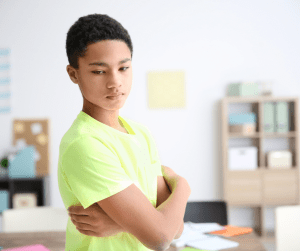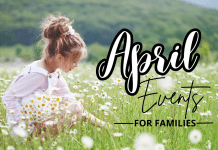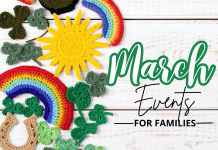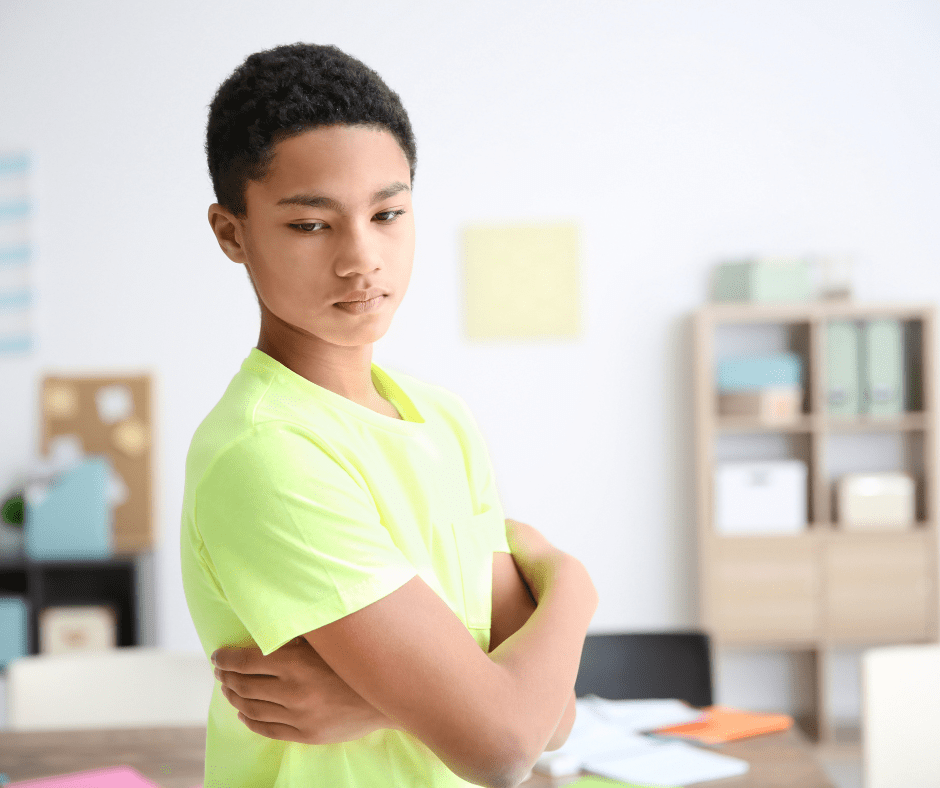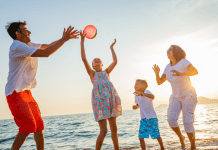Middle school isn’t typically easy for anyone. I think we can all agree that it’s even harder for anyone who falls outside of the norm. And those identities or appearances or behaviors outside the norm is typically where the name calling starts. Beyond being called basic (is that even a thing anymore?) most name-calling is a result of being outside the majority.
My son got called the “N-word” a couple of weeks ago at school.
He is one of very few African-American kids in his school. Like less than a handful. It’s not the first time he was called this name at school, and it wasn’t the first time he was called it in this town. I am sure it won’t be the last, unfortunately. We prepared him for it, in a way. We even prepared him for the O-word.. which didn’t sound so bad on its face.
Does it surprise you?
In this day and age, how “far” we have come, does it surprise you that a 12-year-old is being called this name at school? I think that I hope it does. I hope that we expect more from our society, from our peers raising children to make sure their kids aren’t calling my kid this name. I hope it surprises you, and you say, “this is crazy! I haven’t heard this!” But just because you haven’t heard it, doesn’t mean it’s not happening in your happy little safe middle school too.
Would it surprise you if I told you, it’s not the only racial slur being tossed around? My son came home a few months ago and asked me what two words meant. One was a racial slur for Hispanic people, one was a racial slur for Native Americans. He had never heard the terms before, but kids are calling others these words… and not rarely. Maybe some of them don’t even know what they mean or how highly offensive they are, my son didn’t (though he also chose not to jump on the bandwagon of using a name he didn’t understand and could tell was not meant to be nice).
So, my son was called the “N-word”. It wasn’t the first time.
This time it hurt more.
This time, he was walking with a group of 6th graders, and a group of older boys passed by. One boy called him that word. The rest of the group laughed, tittered, or stayed silent. One of the kids in that group was someone my son is very close to. He didn’t say a word. That’s what hurt most.
RELATED TOPIC: Choose To Do Something
He didn’t stand up for me
When my son came out to the car that day it was written all over his face. Something bad had happened. I had to draw it out of him. But the fact that someone close to him didn’t stand up for him was what upset him the most. My kid didn’t enjoy being called a racial slur. He, too, gave silence as a response and kept walking. But as he passed, and the older boys continued on in the opposite direction, together, no one in the group said anything in his defense. The fact the boy who my son is close to continued walking, even in silence, resonated.
If you aren’t for me, you’re against me
Luckily, because of their close bond, this boy’s mom and I made this a valuable teaching moment. Being a bystander is an important role. Even if you’re not the one who called the name or committed the act or whatever the case may be, if you are a part of the group and you stay silent and carry on with the crowd, you are complicit.
It’s a tough job though, and we understood that for this boy, objecting to the name caller would be putting him in some social peril. That’s uncomfortable. But sometimes, we have to take the role of discomfort so that those that are truly being targeted don’t have to bear it alone, so that other bystanders can gain the confidence to object also, and at minimum, to show we are not complicit.
We talked to the boys about being good bystanders, for each other, and for others, even strangers. This doesn’t mean you have to fight the kid. It can be as simple as saying, “Bro, not cool”. And if you miss the moment to object, which can happen when you are shocked and not sure what to say (especially when you are 13) you can at least leave the group, go to your friend who was called that, and say, “Hey, that wasn’t okay what he said to you. I’m sorry, I should have said something, but I didn’t know what to say, are you okay?”
Really, bro?
My son did this when his other friend was called a racial slur by a kid they knew. He felt comfortable enough with the offender to go so far as telling him, “Seriously, bro, you should go apologize. That’s really mean, don’t you get that?” That’s not always going to be the case, but these are middle school kids. They are still learning, and if it ends up being our kids who teach another to be a little bit better, or that a word is truly terrible, then so much the better for the whole world in our future.
Another kid, who is not especially close with my son, came over to him after hearing what happened. He told my son if it ever happened again to let him know. He would be on his side. Arguably, this kid also happens to be one of the largest, tallest, strongest kids in the school. Still, it meant a lot. This boy is using his physical, mental, emotional and social strength for good. We all can do that, no matter our size.
It’s not just for kids
I work as an HR Director and in our Prevention of Harassment Training for employees, I always talk about being a good bystander. If an employee tells an incredibly offensive joke in a group at work, it can happen that the other employees do the exact same thing those middle school boys did: awkwardly laugh, titter, or stay silent. When they all walk away, very likely one of them is completely offended, two feel awkward and never want to be stuck in a conversation with the joker again, and maybe one genuinely saw nothing wrong with it.
If just one person were to say, “umm, you do realize that’s a terrible joke, period, and even worse to tell at work,” more than likely the other two would back them up, and the joker might actually learn something. But too often we stay silent, and leave the whole group wondering if we thought that crass joke was funny too. We leave the joker to think their behavior was fine, and to continue this pattern at work and elsewhere.
Sticks and Stones
Words are just words, but they do hurt. They can single you out when used to point out a way you may be different. My son tells me it’s not just racial slurs going around his quiet, safe, sweet, little school. It’s not just the N word, the B word… It’s the R word, it’s name calling over kids’ weight, size, other differences. Its other words that may not be originally intended negatively, used insultingly and improperly, turned to slurs like calling kids “SPED”.
I did inform the school of what happened to my son and what he had been witnessing overall. We talked about how to handle this situation and what more we could do to better educate and manage these behaviors. It’s not a single solution. I did ask if there was anything my son should do or say as a come-back in the future, because I really don’t know. Our vice principal said, it really shouldn’t be his responsibility to reply, plus it may not help. It’s a behavior an adult needs to discipline, but he agreed bystander intervention will also help.
RELATED TOPIC: Words Matter
Bring it up
If you think kids at your school aren’t being called these names, unfortunately you are probably mistaken. The first several times my son was called this, he didn’t tell me. I heard from his friends, or through their moms because their boys had told them what they had witnessed. If I hadn’t been there to get my son at school on this occasion and seen his upset face in that freshly hurt moment, I may not have known about this occurrence either.
Bring it up to your kids. Ask them if they hear others being called names like these at school or elsewhere. Ask them if they know what they mean or why certain names are more hurtful than others. Ask how they react when they hear them, and how others react. Coach them to say something, anything! “Ugh!” “Are you kidding me?” “Dude, don’t.”. Tell them not to be complicit in these terrible (but sometimes truly thoughtless) acts by telling their peers how offensive these names are.
Finally, tell them to check on their friends if they see them experience this. Tell them to express that they don’t agree with what happened, no matter what they said or didn’t say in the moment. Tell them to tell their friend they are on their side. Tell them to check to see if they are okay. Be a good bystander, empower others to be better bystanders, make a change.
